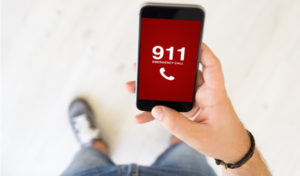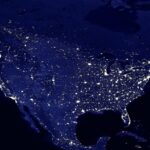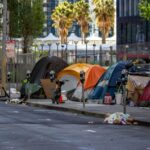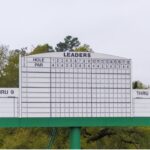I was reminded this morning about my experience calling 911 from a cell phone. The operator didn’t know my location. This can be a huge problem for obvious reasons because it’s hard to think clearly in times of trouble. The issue stems from the fact that emergency call centers can’t pinpoint the location of cellphone callers. That’s scary considering 80% or more of the 911 calls placed in some parts of the U.S. are from cellphones. Try to practice explaining to yourself where you are in a way that an operator would want to hear it from you. That’s important at home, but even more important when you’re on the road without a land line. On highways try to be aware of what mile-marker you’re near, and pick out any landmarks you can identify. Yes, communication technology is getting better, but always try to rely on your own communication skills first.
Here are some tips from the FCC on making wireless 911 calls:
Tips for Making Wireless 911 Calls
When making a 911 call from a wireless phone, you should:
- Tell the emergency operator the location of the emergency right away.
- Provide the emergency operator with your wireless phone number, so if the call gets disconnected, the emergency operator can call you back.
- Remember that many emergency operators currently lack the technical capability to receive texts, photos and videos.
- If you do not have a contract for service with a service provider and your emergency wireless call gets disconnected, you must call the emergency operator back because the operator will not have your telephone number and cannot contact you.
- Learn and use the designated number in your state for highway accidents or other non life-threatening incidents. States often reserve specific numbers for these types of incidents. For example, “#77” is the number used for highway accidents in Virginia.
- Consider creating a contact in your wireless phone’s memory with the name “ICE” (In Case of Emergency), which lists the phone numbers of people you want to have notified in an emergency.
- Lock your keypad when you’re not using your wireless phone to help prevent accidental calls to 911.
Read more here.
E.J. Smith - Your Survival Guy
Latest posts by E.J. Smith - Your Survival Guy (see all)
- “What Do You Do If the Market Crashes?” - April 19, 2024
- Costco Gold Bars Sell Out Despite Premium Price - April 19, 2024
- A Wise Man’s Take on the Boston Bruins Playoff Chances - April 19, 2024
- Is Your Retirement Life a Mess? Let’s Talk - April 18, 2024
- Your Survival Guy Learns from Marie Kondo - April 18, 2024















